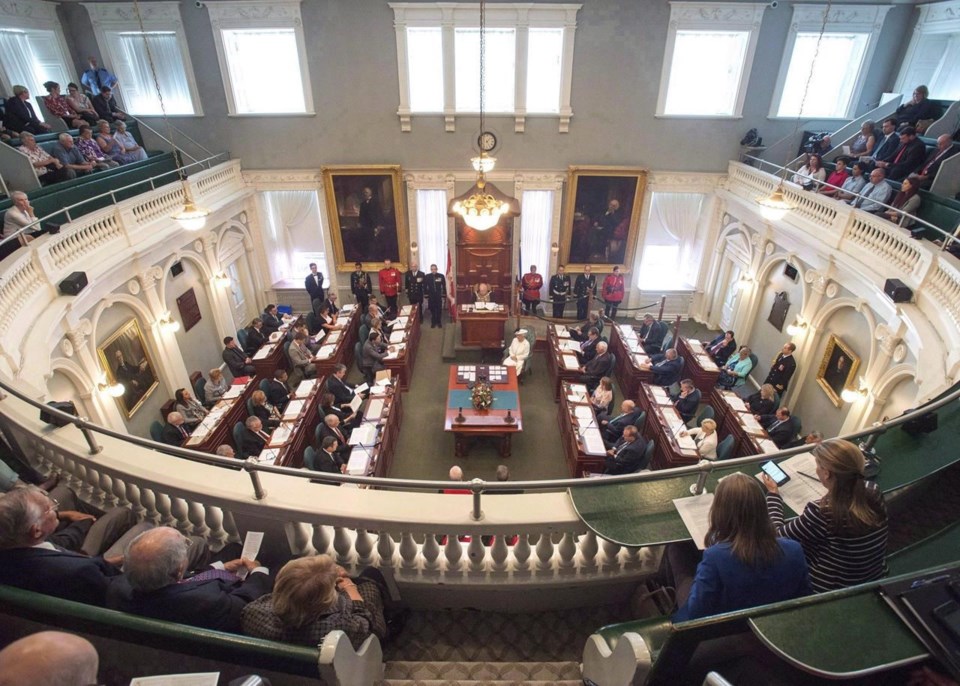HALIFAX — The Nova Scotia government has introduced updated legislation that it says will hold opioid manufacturers more accountable for their actions.
Health Minister Michelle Thompson said Thursday the amended legislation would make pharmaceutical consultants subject to potential legal action, adding that it would also support a lawsuit launched by British Columbia.
"This is really to align with other provinces so we can move forward together," Thompson said outside the legislature as the fall sitting opened.
In 2018, British Columbia filed a proposed class-action lawsuit on behalf of Ottawa, the provinces and territories, against more than 40 opioid makers and distributors. It accuses them of downplaying the harmful effects of this group of painkillers, misrepresenting the risk of addiction and failing to mention side effects and withdrawal symptoms.
"The ways in which opioids were marketed were not appropriate," Thompson said Thursday. "As a result, harm was done."
Across Canada there were more than 38,000 suspected opioid-related deaths between January 2016 and March 2023. Some experts have argued the COVID-19 pandemic likely exacerbated the crisis.
Several provinces and territories have passed legislation to support the class-action process, and a certification hearing for British Columbia's court action is expected in November.Â
Nova Scotia's legislation is also aimed at giving the government the tools it needs to recover past and future health-care costs linked to opioid-related diseases, injuries or illnesses.
In June 2022, B.C. settled with Purdue Pharma — maker of OxyContin — for $150 million, an agreement that included the federal government as well as the other provinces and territories.Â
The B.C. lawsuit seeks damages from drug makers, including Johnson & Johnson and Bristol-Myers Squibb, as well as pharmacy companies, such as Shoppers Drug Mart Corp. and its owner, Loblaw Companies Ltd.
The class-action period begins in 1996 when Purdue first introduced OxyContin to the Canadian market, and it claims that pharmacy owners should have known the quantities of opioids they were distributing exceeded any legitimate market.Â
Last week, the Quebec government tabled an opioid-related bill similar to that of the other provinces. Quebec is the only province that has not yet adopted a law allowing it to join the B.C. lawsuit.Â
Frederic Maheux, head of litigation at the Quebec attorney general's office, told a news conference last week that during the Purdue settlement process Canada-wide damages from opioids were estimated at $85 billion.
This report by The Canadian Press was first published Oct. 12, 2023.
Michael MacDonald, The Canadian Press




